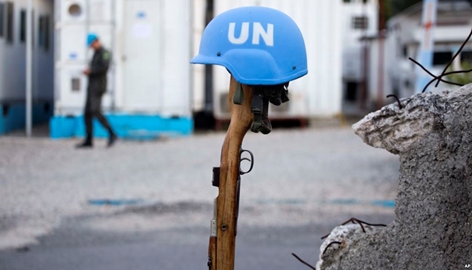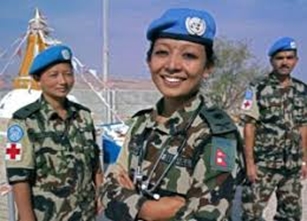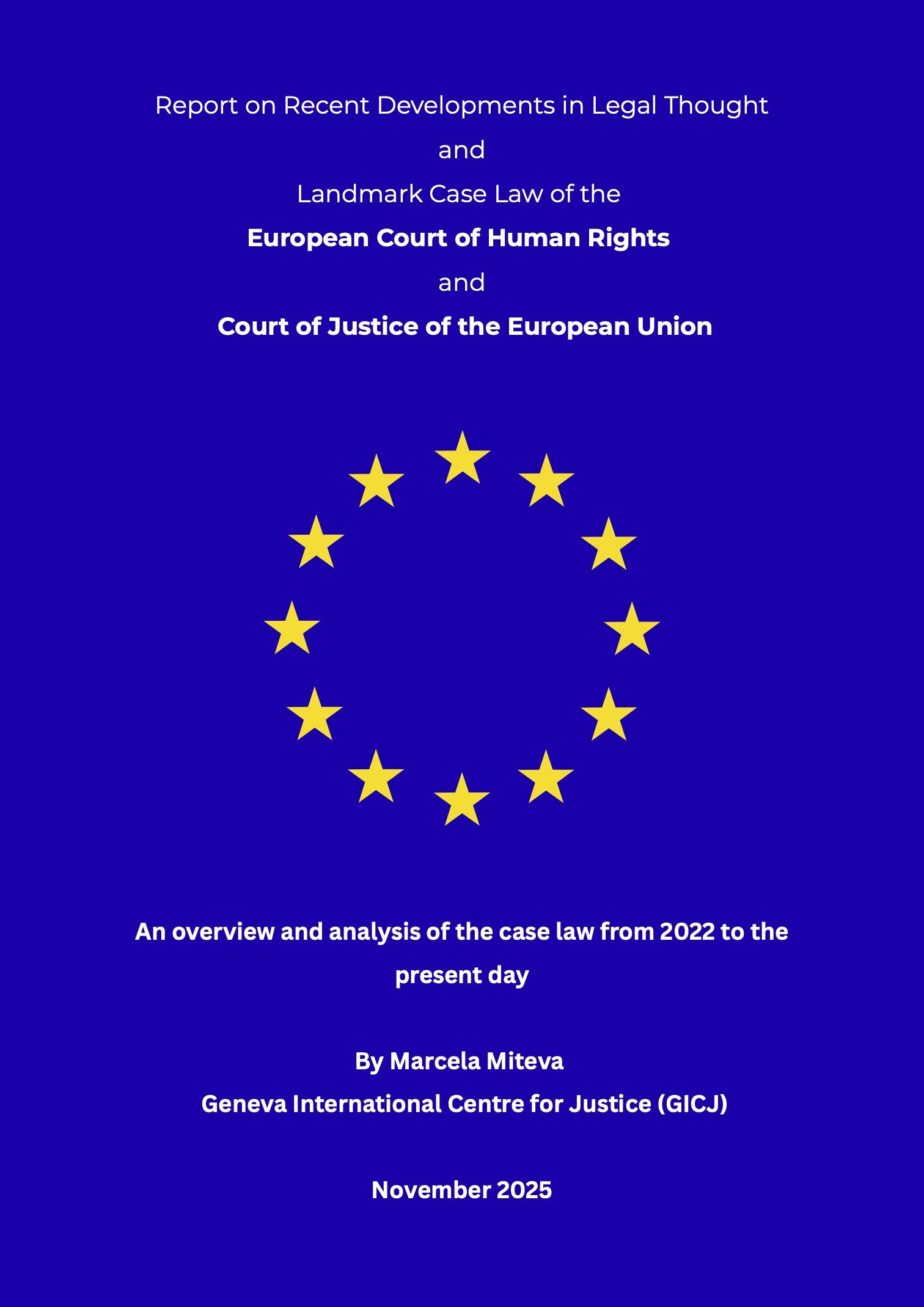29.05.2018
By: Konstantinos Kakavoulis
May 29 was designated by the United Nations General Assembly as the International Day of United Nations Peacekeepers by its Resolution A/RES/57/19 adopted on December 2002.1 The United Nations was created as an international body to maintain international peace and security.2 Since 1945, when the United Nations was established, its role has evolved. Consequently, its role in international peacekeeping has also changed. Despite the fact that peacekeeping is not explicitly stipulated in the United Nations Charter, it has become one of the principal tools used by the United Nations Security Council.3
United Nations peacekeeping has gained so much importance that the United Nations has even instituted the United Nations Department of Peacekeeping to operate and manage peacekeeping missions. The mandate of this Department is to handle the overall operation and management of peacekeeping.
|
The blue UN peacekeeping helmet has become a reference point for United Nations peacekeepers, who are referred to as Blue Berets or Blue Helmets because of their light blue berets or helmets. |
A peacekeeping operation is formed in the following steps:
a) appointment of the command structure and the members of the civilian component by the Secretary-General;
b) an agreement between the United Nations and a state contributing troops by which national military units are transferred and placed under United Nations authority.
There have been seventy-one (71) peacekeeping missions since 1948, and sixteen (16) of those operations are currently active.4 Notably, more than 100,000 United Nations peacekeepers operate globally, with 125 countries contributing troops, police and civilian personnel.5
|
Female peacekeepers act as role models in the local environment, inspiring women and girls in often male-dominated societies to push for their own rights and for participation in peace processes. |
Since the end of the Cold War, United Nations’ peacekeeping operations have grown substantially, in numbers as well as in size and complexity. The essence of many contemporary conflicts, which tend to be internal and take place in States with weak state institutions, the role of United Nations’ peacekeeping operations has grown significantly. Lately, the scope of the operations has been observed to range from demobilization and disarmament, to reform of the justice sector and economic reconstruction.
The cost of peacekeeping constitutes one of the main points of criticism against it; the budget for United Nations peacekeeping is around 7.3 billion dollars per year.6 However, this budget amounts to less than the budget concerning the operation of the State of Chicago in the United States. The noble goal of the UN Peacekeepers is undoubtedly worth of such a budget, if not a bigger one. Although there have been several allegations for excessive use of force by United Nations peacekeepers in conflict situation or for failure to use force when it arguably would have been appropriate, their work in sum is remarkable and should be hailed by the international community.
On the international day of United Nations peacekeepers, Geneva International Centre for justice (GICJ) honours the endeavour of the United Nations peacekeeping missions around the world to maintain peace and stabilize democratization around the world. GICJ wishes to underline the value of the existence and operation of the peacekeeping missions. It urges the United Nations and particularly the Security Council and the Department of Peacekeeping to ensure that the budget for peacekeeping is increased and that peacekeepers have all the required resources to achieve their objective.
United Nations peacekeepers constitute the most practical means for the realization of the aspirations of the Charter of the United Nations. The work of the United Nations peacekeepers must always be welcomed and all States must honour their endeavours for international peace and security. May 29 should remind us that not all heroes wear capes; sometimes they just wear blue helmets.
1. United Nations, General Assembly, Fifty-seventh session, Agenda Item 78, Resolution adopted by the General Assembly on the report of the Special Political and Decolonization Committee (Fourth Committee) (A/57/522), Resolution no. 57/129, UN Document no. A/RES/57/129, 24 February 2003
2. Charter of the United Nations, Article 1
3. United Nations Department of Peacekeeping Operations, United Nations Peacekeeping Operations: Principals and Guidelines, 13, 2008
4. United Nations, Peacekeeping Fact Sheet, (last updated May 31, 2017), available at http://www.un.org/en/peacekeeping/ resources/statistics/factsheet.shtml
5. For more information see https://peacekeeping.un.org/en/troop-and-police-contributors
6. Better World Campaign, https://betterworldcampaign.org/un-peacekeeping/un-peacekeeping-101/
International Days of Remembrance articles by GICJ:
|
|
|
|
|
|
|
|||||||
| Cultural Diversity for Dialogue and Development |
|
Remembrance for All Victims of Chemical Warfare |
|











